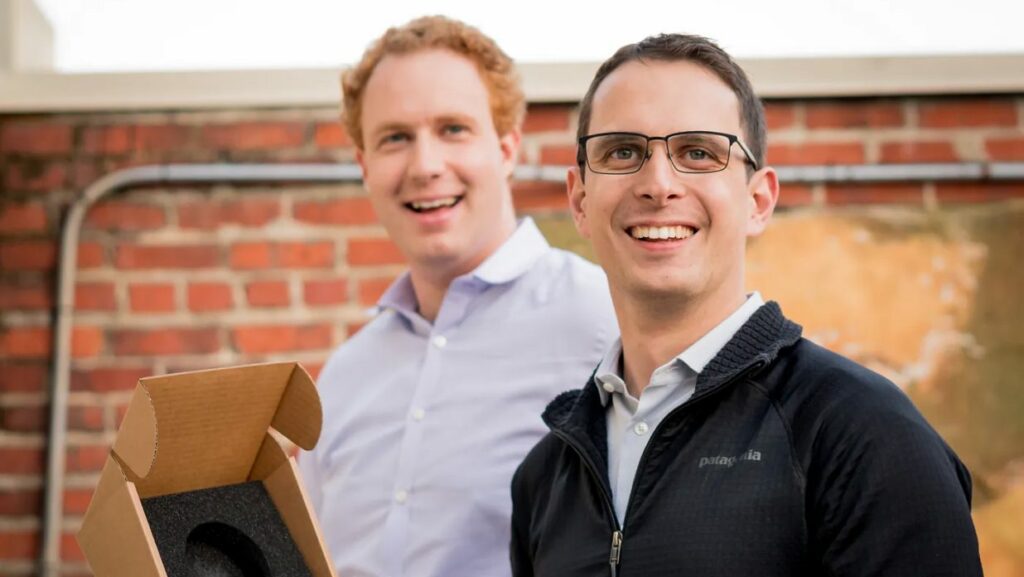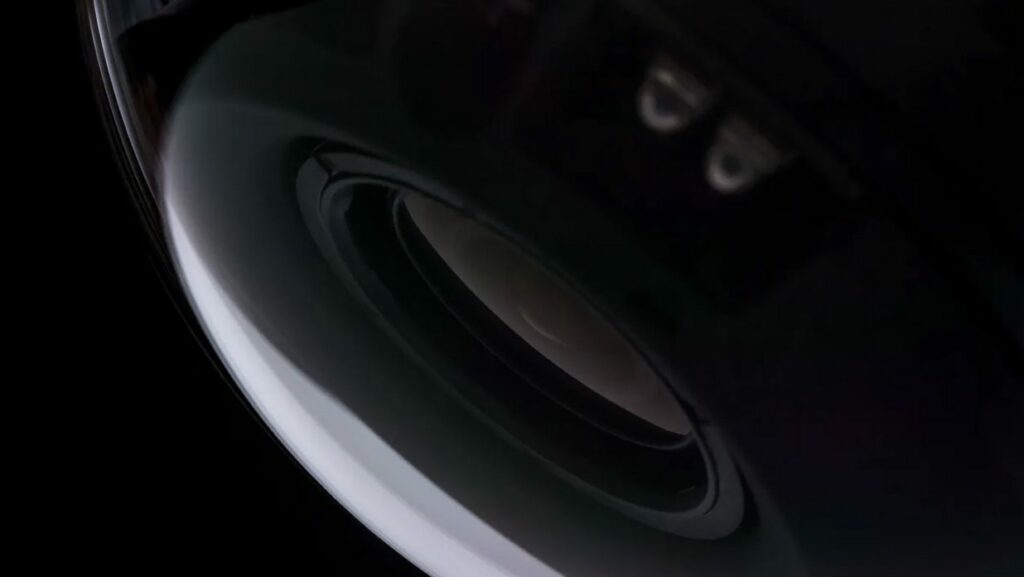Today, we added Verkada to the family of companies we’re investing in at Next47. Why? Hear for yourself in this interview with co-founder and CEO Filip Kaliszan. (Text edited for length and clarity.)

Tell us about Verkada and what differentiates it from the competition.
We’re building the world’s best security cameras for customers that need anywhere from ten to thousands of cameras deployed at any given time — however, our software is what truly differentiates us.
Our competitors concentrate on the camera hardware and ignore the software, resulting in an experience that’s like recording to a VCR tape. Most security monitoring solutions work in isolation and need to be managed one at a time. Our goal is to make cameras an integrated part of businesses’ modern IT infrastructure.
Long term, our vision is to empower these devices with artificial intelligence and computer vision so they can make sense of the world around them.
What’s happening in the video security market today? Why is it important to have software-driven cameras?
Most of today’s security cameras are “after-the-fact” systems. Someone breaks in and steals something, so you look at the surveillance video and maybe send it to the police for investigation. That’s what [the industry] has been doing for the past 30 years, and there hasn’t been much change.
Not only is it inefficient, but it also doesn’t scale well. Today if you wanted to deploy 50 cameras at five different sites of a business — 10 cameras per store at five stores — each of those sites will need a server. That server is likely running some flavor of Windows, and the customer probably has to be physically present to access video. They might even have to rewind and eyeball every frame of video to figure out what happened after an incident.
Because Verkada cameras are software-driven and intelligent, you can search for events, such as a door opening. Better yet, you could search for the precise moment an alarm went off. Our cameras are also fully encrypted and cloud-connected, and we include an app for reviewing video feeds directly from a smartphone. In a way, we’re upgrading physical security for the digital age. Over time, we’ll add intelligence and make these devices cognizant of what is going on in the real world, in real time, to better protect people and property.
Are there other use cases?
Absolutely. Imagine a restaurant closed for two weeks while the owners are on vacation. A cold spell hits and a pipe bursts — our cameras should treat this as any other incident, notifying the owners on their smartphone app so they can take action while still on the beach. We’re not there yet, but this is the sort of feature we expect to include as we grow and improve the platform.
Impressive you’re already thinking like this, especially since your first two cameras launched less than a year ago. Can you tell us more about your long-term growth ambitions?
That’s right. In September we launched the D30 for indoor environments and the D50 for outdoor security. Both are doing extremely well, and far exceeding our initial projections and expectations.
Long term, because our core product is a software platform that allows us to rethink what a camera can do, we expect to expand from what today is a $16 billion market for physical security cameras and surveillance devices into the broader market for physical security, which is a close to $200 billion a year market.
I’ll give you a funny example of how we’ll get there. Each of our cameras has an accelerometer in it. We built it in to provide tamper detection to customers and prevent interruptions or gaps in security. But we’re also located in California. Because we have accelerometers on every camera we can also detect when an earthquake happens, and then take action on that data — notifying the customer and authorities, for example. Really, it’s all about expanding the definition of what a traditional security camera does to address a broader set of physical security applications for our customers.
Given what you’re aiming to achieve at Verkada, what makes Next47 an ideal partner?
When you’re here in Silicon Valley, scratching your head and thinking of startup ideas, there’s very few people who stumble upon the video surveillance market for the enterprise space because on the outside it looks unsexy, uninteresting. But once you see how much money is being spent on cameras and other security devices, and how antiquated the solutions out there are, that’s where it starts getting interesting.
Next47 is a good partner for us because they deeply understand this market. They have built out solutions to large-scale customers who need physical security and advanced building systems. Because of that, they have the knowledge to actually appreciate and understand this space — and honestly, that’s rare.
Can you give us some insight into what resonates with customers? You make a good point: security cameras aren’t necessarily a sexy product.

It’s actually sexier than you might think. Think about the people who interface with these systems as part of their regular job. At home, they have their iPhone, they have Amazon Echo, they have all these technology devices that work seamlessly and that are being developed very rapidly. They’re doing incredibly powerful things. But then at work, they’re logging into a command line or using some vintage version of Windows, and they’re not able to access their video at any time — especially in cases where an incident arises. That discrepancy between what people experience from a user’s perspective in the B2C world versus the B2B world is vast, and it sets our products apart.
You can go to the website to get a sense of all the customers we’re working with. Hilton, Airtable, even the Vancouver Mall — they’re all using Verkada in some form. We’re also working with large school districts. One of the more recent wins is a school district in Arizona where they’re deploying 1,000 cameras with the ability to share a live feed for incident response built in, improving response time when law enforcement needs to get involved.
I’ve participated in a lot of early stage companies and I’ve never seen something this far along and with this much market traction. We’re closing these large enterprise accounts, and they’re buying the hardware as well as the software. That’s why we’re really excited to partner with Next47 to continue to accelerate that growth.



